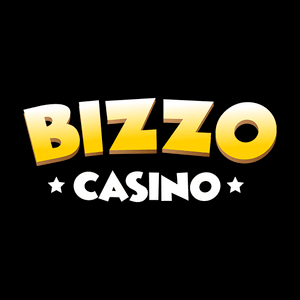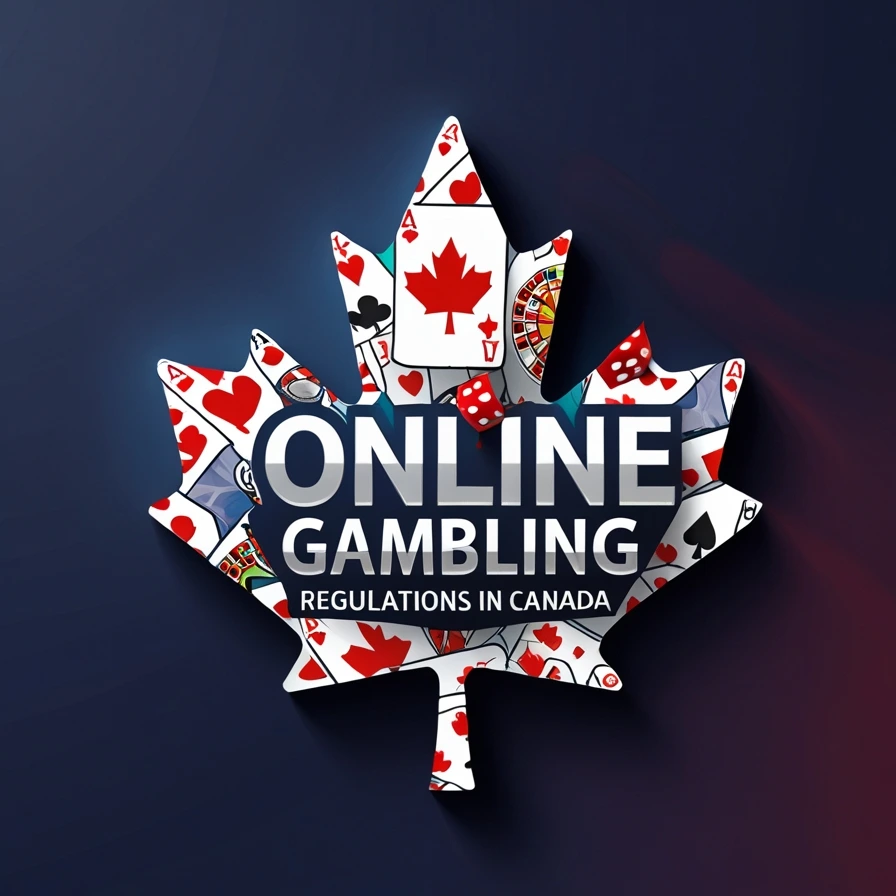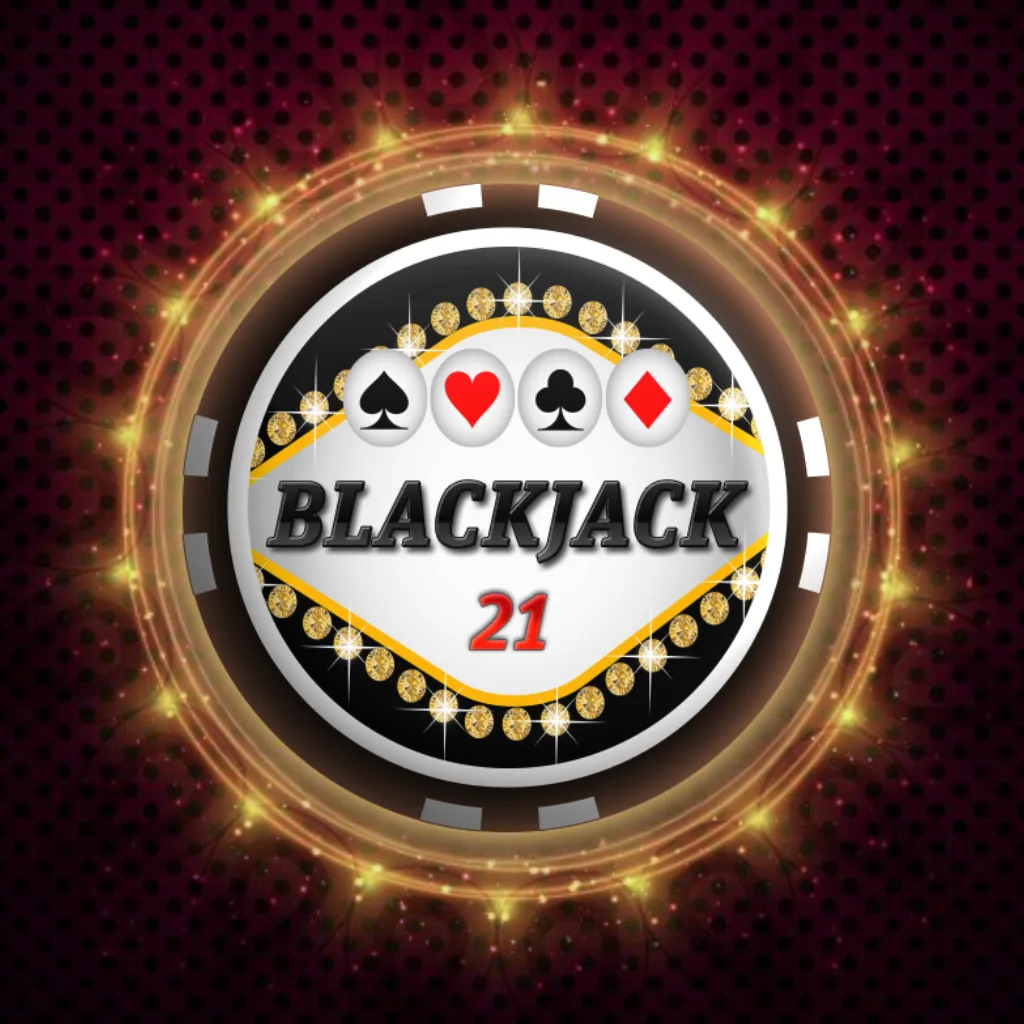Advantage Play vs. Cheating: What’s Legal, What’s Not?
Advantage play uses rules, math, and observation that the casino does allow. Cheating breaks rules or laws to change outcomes. One can get you backed off a table. The other can get you arrested. This guide explains the line in plain terms. It also answers common questions about cheating in casinos, online casino cheating, and what casinos look for.
Advantage Play in Gambling
Advantage play means you use public information and legal tactics. You don’t alter cards, wheels, dice, software, or payouts. You don’t use casino cheating devices. You work within posted rules.
Classic examples include card counting at blackjack, watching dealer habits, smart paytable selection, and tight bankroll control. In games like blackjack and baccarat, you might track rules that improve expected value. In craps, you might shop tables for better odds or comps. In bing,o you might buy at off-peak times to face fewer cards in play. None of that is cheating at a casino. It’s planning.
Casinos dislike losing players, but they generally allow lawful play. They can still refuse service. Expect heat, limits, or bans if you look too sharp.
What Counts as Cheating in a Casino?
Cheating in a casino is any act that changes the game outside the rules. That includes devices, collusion, past-posting, bet capping, marking or switching cards, and interfering with equipment. If you try cheating at the casino by signaling hole cards with a hidden gadget, that’s cheating. So is using false chips or messing with a roulette layout after “no more bets.”
“Shortcuts” people call “cheats,” “codes,” or “free tricks” are not legitimate. A cheat that tampers with a wheel, deck, or reader is illegal. A “code” that forges a voucher is illegal. If someone sells an APK or app that claims to predict dice in craps or flip results in baccarat or blackjack, walk away. Most are scams; using them can be a crime.
Bottom line: if you need a hidden device, a secret signal, or a forged code, it’s cheating in casinos.
Online Casino Cheating – Is It Possible?
People ask, “Is online casino cheating possible?” Licensed sites use independent testing and RNG audits. Outcomes are random by design. You can’t force a slot to pay with a “cheat” or toggle a secret dev panel.
- “Cheating online casino” pitches usually fall into two buckets:
- Modding a game client (Android APK app patches, memory editors).
- Abusing accounts (multi-accounting, chargebacks, botting against terms).
Client mods don’t change server results. They do risk malware that drains your balance, steals your coin wallet, or grabs passwords. Multi-accounting and bots can get funds seized. If you see “doubledown free coin codes,” know that social casinos use virtual coins. Those codes give play money, not real cash edges. The same goes for “bonus coin” spam for bingo or slots. They don’t beat the RNG.
Is Cheating in Casinos Illegal?
Short answer: Yes, in most places. Laws target cheating at a casino, possession of casino cheating devices, and schemes to defraud. Penalties can include fines, bans, and jail. Civil recovery is also common. Even if prosecutors pass, casinos can trespass you.
Advantage Play Techniques That Casinos Watch Closely
Casinos watch legal edges that cut into hold. Staff won’t arrest you for them, but they may counter. Expect shuffle changes, table moves, or a polite “no more play.”
Card Counting
Counting at blackjack tracks the ratio of high to low cards. No devices, no signals. Done with your brain, it’s legal in many regions. Still, the casino can back you off, bar mid-shoe entry, limit max bet, or flat bet you. They may also vary penetration, shuffle more, or change rules (e.g., restrict double or doubledown options) to raise the house edge.
Bonus Abuse
Bonuses are marketing. Abuse starts when players break terms: multiple accounts, identity games, or laundering “free” chips through forbidden bets. Casinos can void wins, seize a balance, and close accounts. Using promo codes within the rules is fine. Faking identities or using stolen payment methods isn’t. If a bonus says one account per person and address, they mean it.
Sports Arbitrage
Arbitrage uses price differences across sportsbooks to lock small, low-risk returns. It’s legal in many places but often against site policy. Books may limit you, slash limits, or close accounts. Some bettors use bitcoin wallets or multiple operators to move fast. Books use models to spot unusual patterns. Arbing is advantage play, not cheating, but don’t expect it to last.
How Casinos Detect Cheating and Advantage Play
Casinos invest heavily to catch threats. Surveillance cameras track chips, hands, and layouts. RFID and smart shoes watch wagers and card flow. Analytics flag irregular bet timing, late adds, and synchronized team play. Cross-property databases record prior incidents. Floor staff note who varies bets with the count in blackjack or who targets specific dealers in baccarat.
Online, servers watch device IDs, IPs, velocity, bonus patterns, and bot-like clicks. Security tools spot modded clients or automation. KYC and AML checks protect against fraud. If they suspect cheating activity, they freeze accounts and investigate.
Is It Really Possible to Uncover Cheaters?
Yes. Most cheaters and cheaters-in-training get sloppy. Cameras, logs, and audits leave trails. Advantage players also get flagged, but outcomes differ. A cheat risks charges. An advantage player usually gets a back-off. The goal for security is to catch harm early without hassling regulars. They won’t share every method, but deterrence works.












